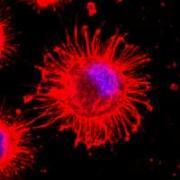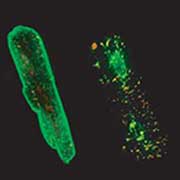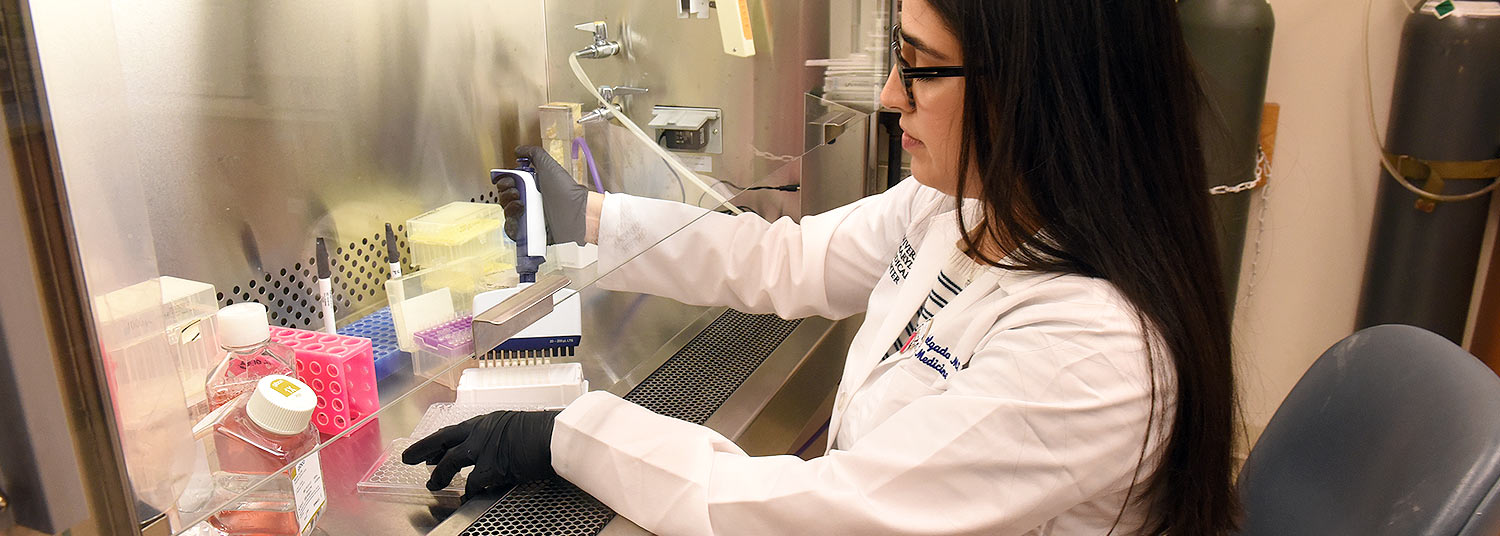 Cancer Therapeutics
Cancer Therapeutics
Research by the Division of Cancer Therapeutics has already led to the pioneering development of aromatase inhibitors that are widely used to treat breast cancer. Ongoing research focuses on other novel strategies, such as gene-delivery vectors and anti-metastasis therapeutic targets.
 Molecular Physiology
Molecular Physiology
 Neuropharmacology
Neuropharmacology
The Division of Neuropharmacology's mission is to bring together a diverse team of investigators in an inclusive, collegial environment to provide novel perspectives for advancing brain understanding and health.

